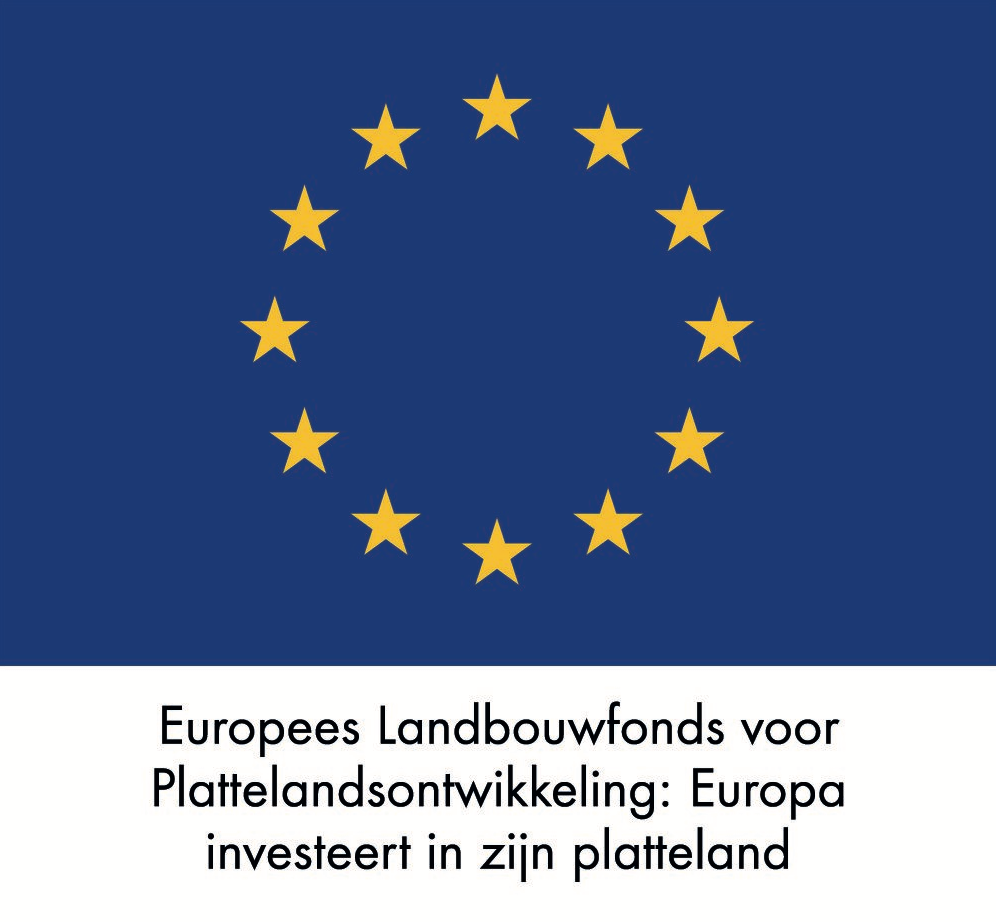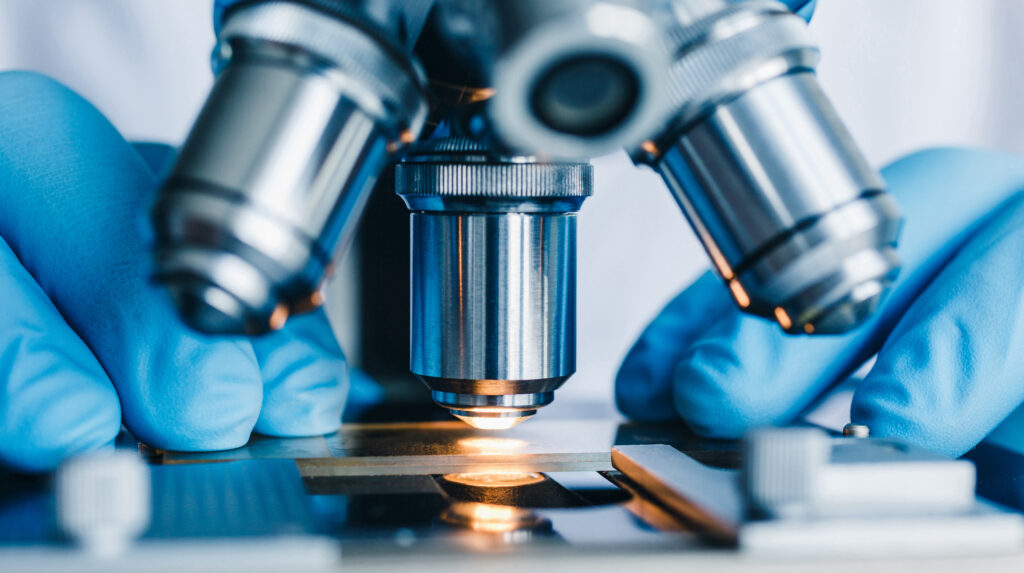Crop health as a theme is of course extremely relevant to arable farming and field vegetable growers. Several factors play a role here. Consider, for example, the control of diseases and pests, both above and below ground. But the use of biological agents, such as bacteria, can also improve plant health.
HLB initiates and/or is a partner in various projects around this theme. This page gives an overview of some of these projects.
Social and political pressure on chemical applications in agriculture is increasing. Biological agents to stimulate the growth of crops are being used more and more. However, the efficacy of these remedies often leaves much to be desired. After all, organic products are much more sensitive to variations in soil and crop.
Bacillus mycoides is a bacterium of which some strains are better at stimulating plants than others. This study investigates the reason for this difference. Is this due to the soil, or are there genetic properties that strengthen the bacteria? The research currently shows that the bacterium could be especially helpful in more fragile plants.
Project leader HLB: Jan Spoelder


To keep Potato Cyst Nematodes manageable, informing and guiding growers remain as important as ever. In this project, new knowledge is developed in the field of Potato Cyst Nematodes and put into practice as soon as possible. These are organic measures with the main focus on the responsible selection of potato varieties based on variety selection tests. Information on the development of nematode populations and virulence and the effect of (variety selection) measures taken in recent years will be used to train growers to get a firmer grip on potato fatigue problems. The main objectives are:
- Charting the development of the virulence of nematode populations
- Charting the development of virulence within plots by intensive sampling
- Making and keeping the Potato Cyst Nematodes problem manageable through making maximum use of biological measures with a focus on the use of variety selection tests
- Guidance and training for growers based on all available knowledge and current data and developments
- Working on the continuity of potato cultivation and business perspectives in the Peat Colonies through intensive knowledge transfer and demonstrations
Project leader HLB: Egbert Schepel
Duration: August 2019 – December 2021


Ditylenchus dipsaci (stem nematode) action plan
The damage caused by stem nematode (Ditylenchus dipsaci) has been increasing in recent years. Stem nematodes are a problem in several important crops such as onion, potato, sugar beet, tulip and narcissus. The financial consequences of an infestation with stem nematode can be considerable for individual farms.
Despite the quarantine status and major problems with this nematode, there is limited knowledge of its life cycle, establishment and natural mortality, and few management measures are available. Preventing infections, detecting them early and monitoring found infections are becoming increasingly important.
Purpose and relevance
- This programme aims to start developing practical tools to control stem nematode at farm level.
- The projects within the programme should provide growers with action perspectives in the prevention and control of stem nematode infections. Lost harvests, rejected batches and loss of quality must be limited.
The plan of action for stem nematode is part of the Uireka research programme
Project leader HLB: Anja Kombrink, Egbert Schepel
Project partners: HLB BV, Wageningen Research Open Cultivation, Wageningen Agrosystems Research, Wageningen University
Duration: 2020 – 2023
The EO PLUG-IN project is a European project subsidised by the European Space Agency (ESA) that investigates the application of satellite imagery in agriculture.
The EO PLUG-IN project specifically looked at predicting the yield below ground by following the above-ground growth of potatoes with satellite images. The measurements and data collected by the satellite, together with weather data, serve as input data for a growth model. A growth model can be calibrated through trial harvests on a number of fields and determining the dry matter distribution over the various above- and below-ground parts of the harvested potato plants. If the dry matter distribution on the plant is known, a model can still predict the final yield under the ground based on measuring only the above-ground part of the plant by satellite. Predicting final yields is interesting for companies like Agrico; it gives them a better market position if they know in advance which batches can be harvested and when, and the logistics can be organised accordingly.
Project partners in this project are GeoVille (Innsbruck), EODC (Vienna), HLB (Wijster), Agrico (Emmeloord), Hermess (Marknesse) and Tolsma (Emmeloord).
Project duration: 1 July 2018 – 1 July 2020
Project Manager HLB Annemarie Tuin